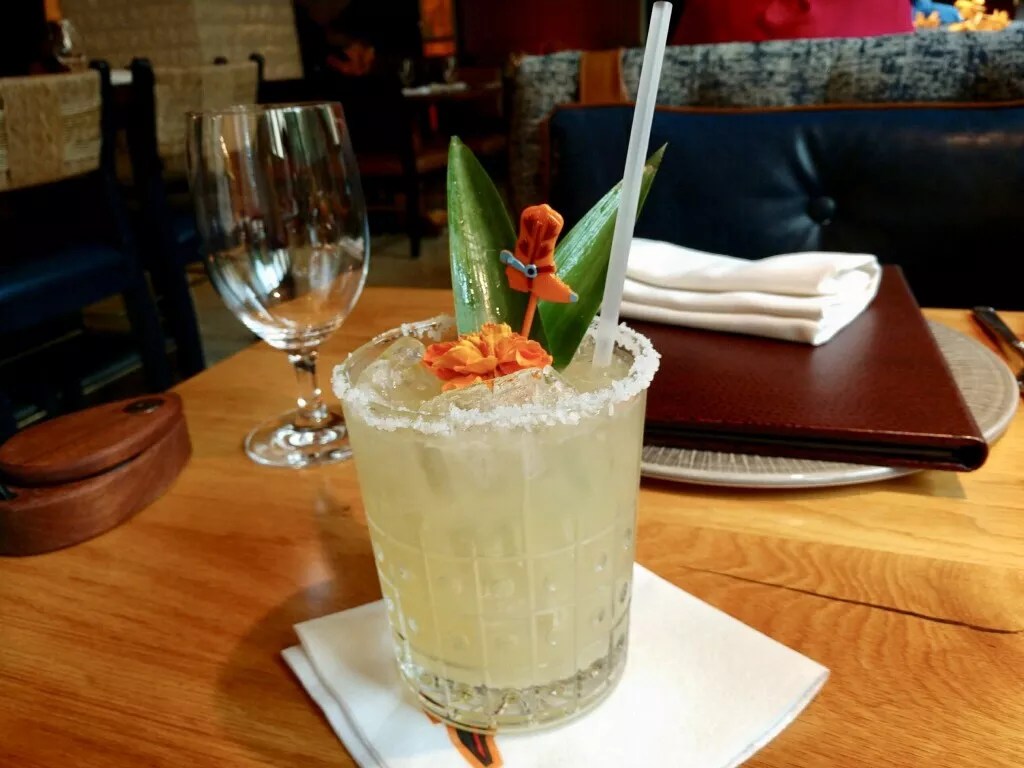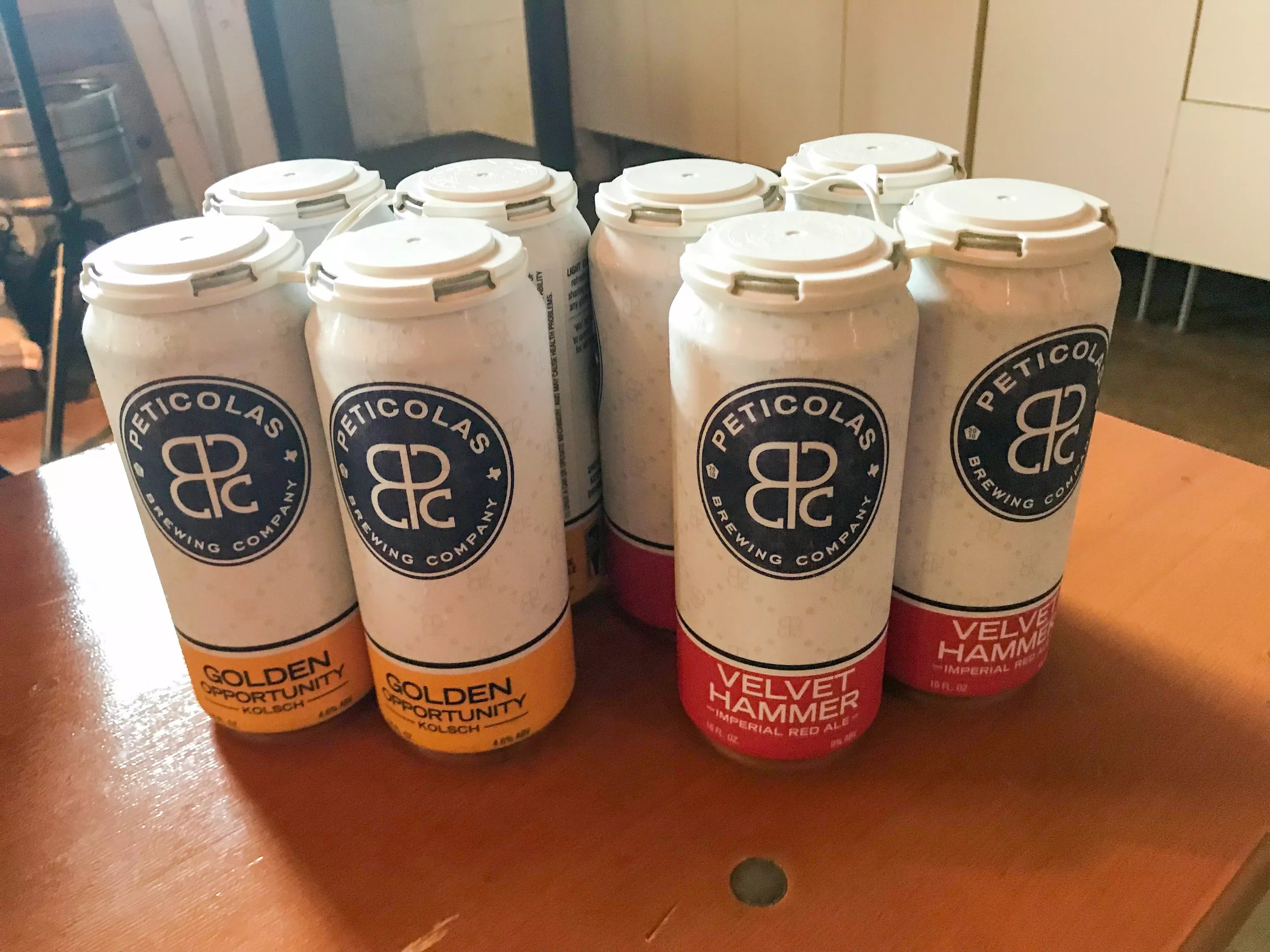
Taylor Adams

Audio By Carbonatix
Government officials’ attempts to mitigate the extreme damage done to alcohol-selling businesses by new COVID-19-related regulations and by stubborn enforcement of old three-tier regulations have been inconsistent, confusing and difficult to explain.
They’re also not working.
March 15, a date that now feels like a year ago, Dallas County Judge Clay Jenkins ordered all bars and restaurants in the county to close no later than 11:59 p.m. the next day. Rapidly developing coronavirus response around the world has proved his action wise.
To ameliorate the pain of the sudden closure, he added that restaurants would still be permitted to offer takeout and delivery and could still sell alcohol as long as it was accompanied by food.
Initially, this order wasn’t clear about whether bars that had food programs were eligible to take advantage of the restaurant rules (they are). But what’s the point of the food rule? As we reported earlier, bars are getting hammered while being offered no help at all.
March 19, Gov. Greg Abbott made the restaurant and bar closure rule statewide. He offered some succor (though again, only to restaurants). From his statement:
“Under this waiver, effective immediately, restaurants with a mixed beverage permit may sell beer, wine, or mixed drinks for delivery as long as they are accompanied by food purchased from the restaurant.”
Presumably based on this language, multiple local operators began offering to-go margaritas and other mixed drinks with food orders.
Hours later, the TABC stepped in with different language:
“Note: MB permittees may not sell for customer pick-up or delivery any alcoholic beverage in a container that is sealed by the MB or any person other than the product manufacturer.”
An MB license is the most common type of “full-bar” license that allows for on-premise preparation and service of mixed drinks. It’s not clear who saw this guidance or whether it was sent to all the MB licensees.
A few operators pulled back from serving, and some others definitely didn’t. I have spoken to representatives and customers from multiple MB licensees who DID serve, but we’re not listing them here because we are not narcs.
Obviously, the requirement of manufacturer sealing limits the ability to serve mixed drinks to those premixed abominations sold by Big Alcohol, carried by nobody and providing operators no ability to profit from sidelined inventory. In other words, your favorite bartender can’t sell you a delicious Manhattan she mixed from booze she already bought, but she can hand you a Four Loko.
What happened over the rest of last weekend is beyond my ability to reconstruct. One operator varied service by location and may have been given a TABC warning. Many operators served cocktails.
March 23, I asked the TABC in writing whether their guidance varied from the governor’s, whether administrative rule-making processes had been followed, whether they discussed the guidance with the governor beforehand or after, what enforcement had taken place and was planned. And most important, what could possibly be the point of such a pinheaded, officious, dumbass rule? (I used my nice words in the actual communications.)
Near instant response from a great flack named Chris Porter, public information officer for TABC/Executive Division (no kidding on the compliment; not many state agencies are this responsive):
TABC is in regular contact with the Office of the Governor. The agency’s guidance restricting mixed beverage to-go or delivery sales to original, manufacturer-sealed containers reflects the intent of his order. We are also communicating with industry members and trade groups, all of whom have signaled their understanding of the governor’s intent.
We certainly understand the confusion as well as the challenges facing operators across Texas during this crisis. We are meeting with business owners on a case-by-case basis to help them understand the requirements and answer their questions.
Prior to the waiver, TABC was in communication with industry groups and helped facilitate their requests with the Governor’s team. Ultimately, any authority to waive current statutes during the disaster declarations must come from the Governor himself.
TABC’s Enforcement teams are working across the state to respond to public safety concerns during this time. As mentioned above, we are meeting with business owners to assist during the alcohol to-go transition, and are on hand to answer any questions and provide guidance as needed.
Further back and forth clarified that TABC declined to answer the questions ducked by this statement other than to point out that they don’t make rules, the governor and Texas Legislature do.
As with so many things on this alcohol sale issue, that’s partly true and partly false. Under Texas’ system of independent administrative agencies, the Legislature makes enabling statutes that allow administrative agencies to engage in a rule-making process after consultation with the public and stakeholders to clarify the broad statute into applicable rules.
It’s not clear under Texas law whether they can make rules that change the meaning of a governor’s discretionary order during a period of emergency declaration, and in fact, just typing that out makes it clear that giving TABC such authority is real dumb.
But the part that was true prompted me to email and call Abbott’s office. And call. And call. And call. For most of Monday, none of the governor’s phone lines were being answered. I received no return email.
What’s clear from the two statements is that the governor intended his statement to make it appear he was really helping restaurants. TABC’s rules gut that help for reasons it won’t explain. If they coordinated on the two statements beforehand, the governor’s statement is dishonest. If they didn’t, could TABC be rogue?

Many celebrated being able to take home local brewers’ beers last fall.
Kelly Dearmore
Also last week, the Texas Craft Brewers Guild petitioned the governor asking for a waiver of the ancient, three-tier distribution rule that independent brewers can’t deliver beer to consumer customers. With their taprooms closed, and most of their revenue coming from direct keg distribution to bars, small brewers such as Dallas’ excellent Peticolas Brewing Company could replace at least a little income by keeping their delivery drivers busy by bringing beer to our houses.
“We’re just trying to stay open and keep our people employed,” owner Michael Peticolas says. “It would also be safer compared to having all our customers show up at our drive-thru.”
Abbott is no stranger to the craft beer industry, having signed legislation last session allowing them to sell beer to-go.
The only people the restriction on consumer deliveries helps is massive distribution companies protected from competition for decades by Texas’ three-tier system of regulations. Why on earth would we risk losing our beloved craft brewers to preserve what has to be one of the very smallest entries on a giant business’ balance sheet?
Nothing like a pandemic to make stupid rules look stupid, apparently more so when alcohol is involved.